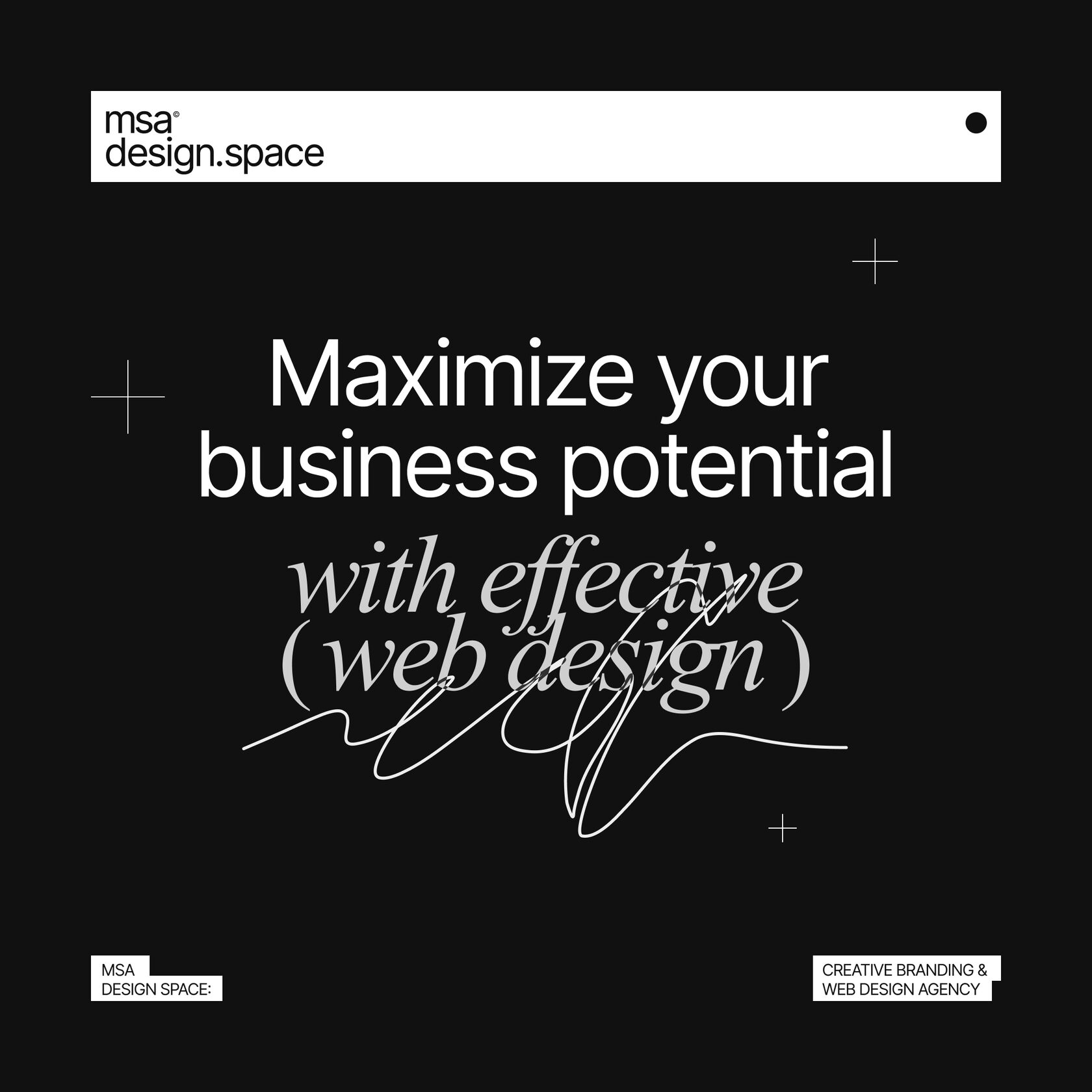In the digital age, your website is often the first point of contact between your business and potential customers. A well-designed website not only attracts visitors but also converts them into loyal customers. This article explores the key elements of effective web design and how it can maximize your business potential.
What is Effective Web Design?
Effective Web Design is the process of creating a website that is not only visually appealing but also user-friendly, fast, and optimized for search engines. It combines aesthetics with functionality to ensure a seamless user experience.
Key Elements of Effective Web Design
- Responsive Design: A responsive design ensures your website looks and functions well on all devices, including desktops, tablets, and smartphones.
- User Experience (UX): UX focuses on making your website easy to navigate and enjoyable to use. It involves intuitive layout, clear calls-to-action, and accessible content.
- Fast Loading Speed: Website speed is crucial for retaining visitors. A slow website can lead to high bounce rates and lost business opportunities.
- Search Engine Optimization (SEO): SEO involves optimizing your website to rank higher in search engine results, making it easier for potential customers to find you.
- Compelling Content: High-quality content that addresses your audience's needs and interests is essential for engagement and conversion.
- Visual Appeal: Attractive visuals, including high-quality images, videos, and graphics, can capture attention and enhance user engagement.
Steps to Create an Effective Website
- Conduct a Competitor Analysis: Analyzing your competitors can provide insights into what works and what doesn’t, helping you create a more effective website.
- Define Your Goals and Audience: Clearly define what you want to achieve with your website and who your target audience is.
- Develop a Website Prototype: Create a prototype to outline the structure and layout of your website. This helps in visualizing the user journey and identifying any potential issues early on.
- Design Multiple Concepts: Develop several design concepts that reflect your brand identity and website goals. Present these concepts for feedback and refinement.
- Optimize for SEO: Implement SEO best practices, including keyword optimization, meta tags, alt text, and internal linking, to improve your website's visibility.
- Ensure Mobile Optimization: Make sure your website is fully optimized for mobile devices to reach a broader audience.
- Test and Launch: Test your website thoroughly to ensure it functions correctly across different devices and browsers. Once everything is in place, launch your website.
- Provide Ongoing Support: Offer ongoing support to address any issues that arise post-launch and to keep your website updated.
Why Effective Web Design Matters
- Enhances User Experience: A well-designed website offers a superior user experience, keeping visitors engaged and encouraging them to explore further.
- Improves SEO: Effective web design incorporates SEO best practices, improving your website's search engine ranking and visibility.
- Increases Conversion Rates: A seamless user experience and compelling content can lead to higher conversion rates, turning visitors into customers.
- Builds Brand Credibility: A professional, well-designed website builds trust and credibility, making your brand appear more reliable and authoritative.
Effective web design is a critical component of your business’s online success. It enhances user experience, boosts SEO, increases conversion rates, and builds brand credibility. At MSA Design Space, we specialize in creating websites that not only look great but also perform exceptionally well.
Ready to elevate your online presence? Book a discovery call with us today and let’s create a website that drives results for your business!
